Saudi Arabia produces remotely operated vehicle pilots to navigate new seas
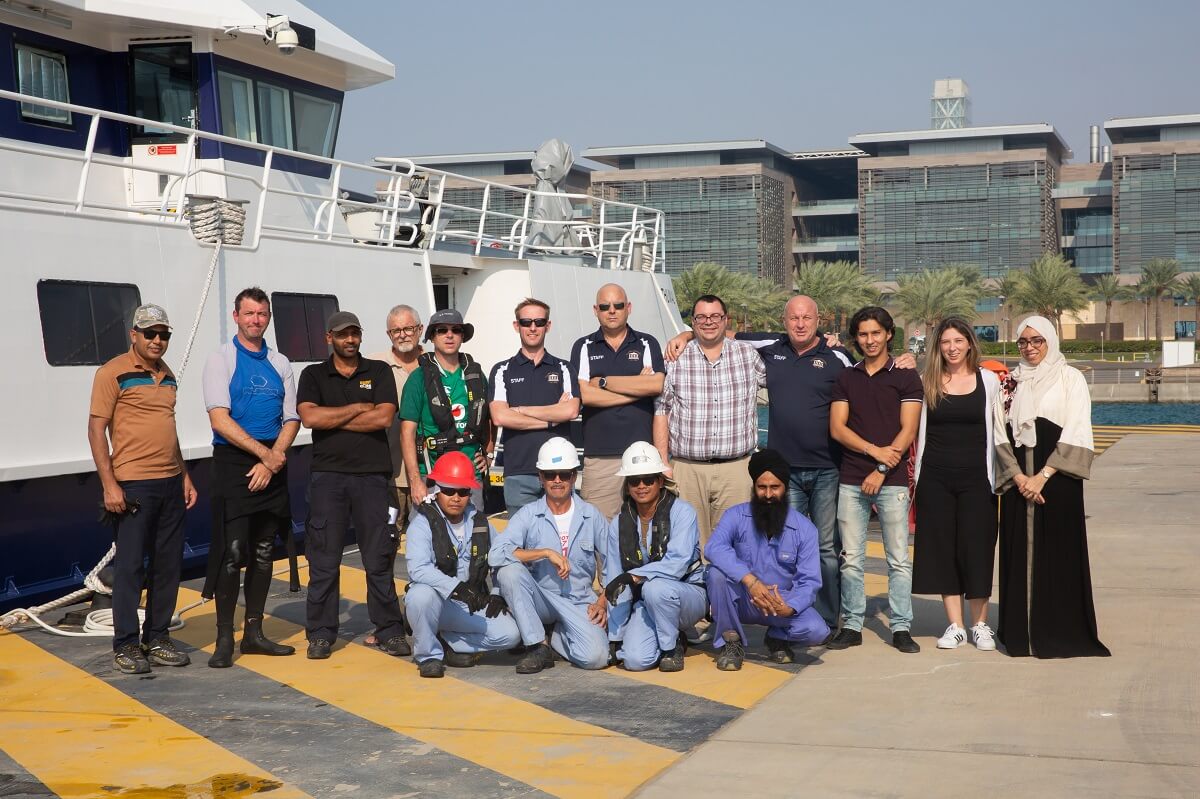
Remotely operated vehicle (ROV) trainers from Fugro—a company providing the world's leading supply of geo-intelligence—stand together on campus with the first batch of ROV trainees during the first ROV training in November and December 2018. File photo.
By Tanya Petersen, KAUST News, and the Core Labs team
The first Fugro remotely operated vehicle (ROV) training program in Saudi Arabia was delivered from November to December 2018 on the KAUST campus through the KAUST-Fugro Center of Excellence (CoE) for Marine Technology. Fugro's ROV Academy is the only training program accepted by major oil and gas companies such as Saudi Aramco and BP. Having access to deepwater ROVs and the best pilot training in the industry is unique to KAUST's marine science students.
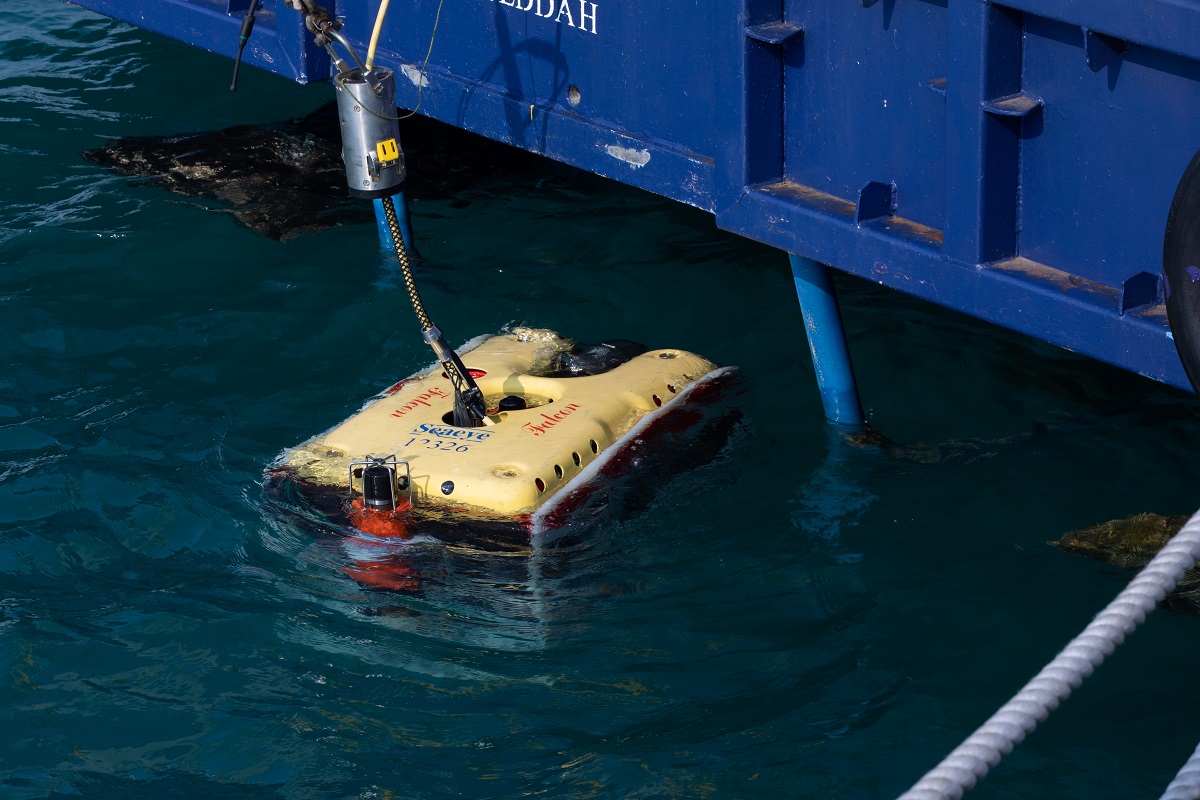
A remotely operated vehicle is shown here with the RV Thuwal, a KAUST Coastal & Marine Resources Core Lab research vessel. File photo.
"I'm interested in studying water circulation and how much the air sea fluxes influence this circulation. I want to identify the characteristics of the water masses," Eyouni explained.
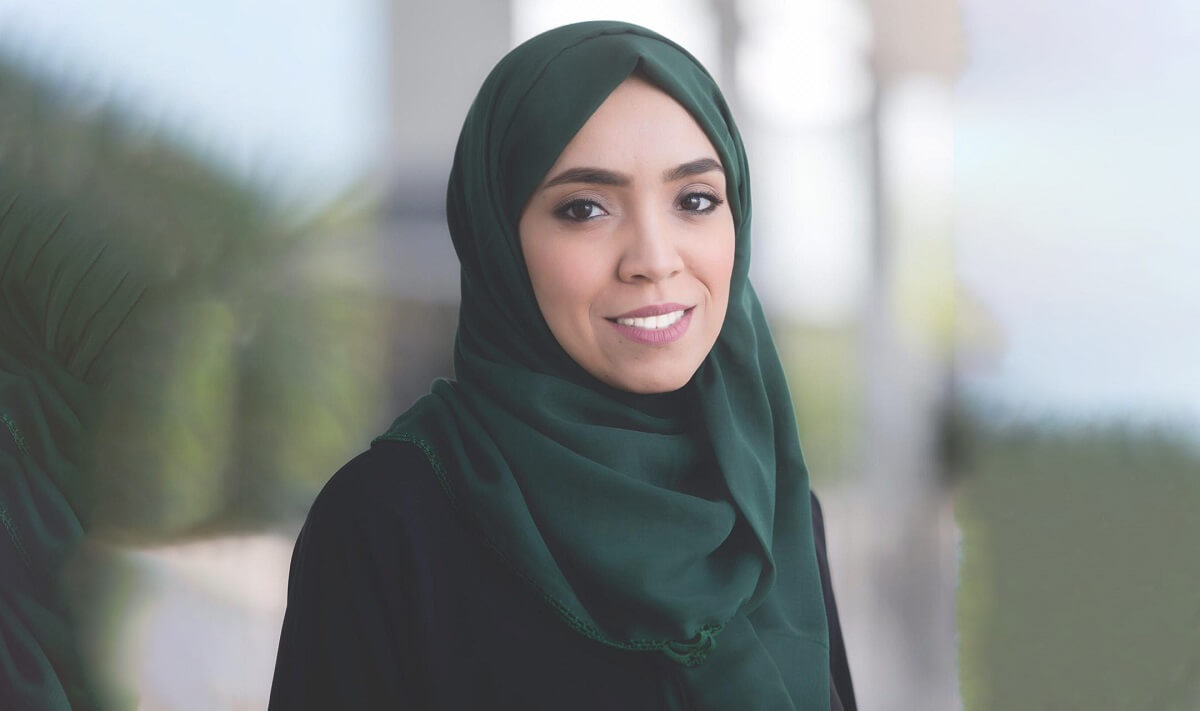
KAUST marine science Ph.D. student Lina Eyouni is the first Saudi female remotely operated vehicle (ROV) pilot. She took part in the first Fugro ROV training held at KAUST in November and December 2018. File photo.
"Robotics is the new frontier and it is changing the landscape of marine science," stated Haitham Aljehdali, supervisor of Marine Operations at the KAUST Coastal & Marine Resources Core Lab (CMR). "That's why we need more students and staff to be exposed to this new technology."
Robotics—and specifically ROVs—have been a mainstay of the oil and gas industry for several years. Universities are often involved with the development of robotic technologies; however, it is not often that commercial-grade equipment and training are made available to students to pursue their marine science research.
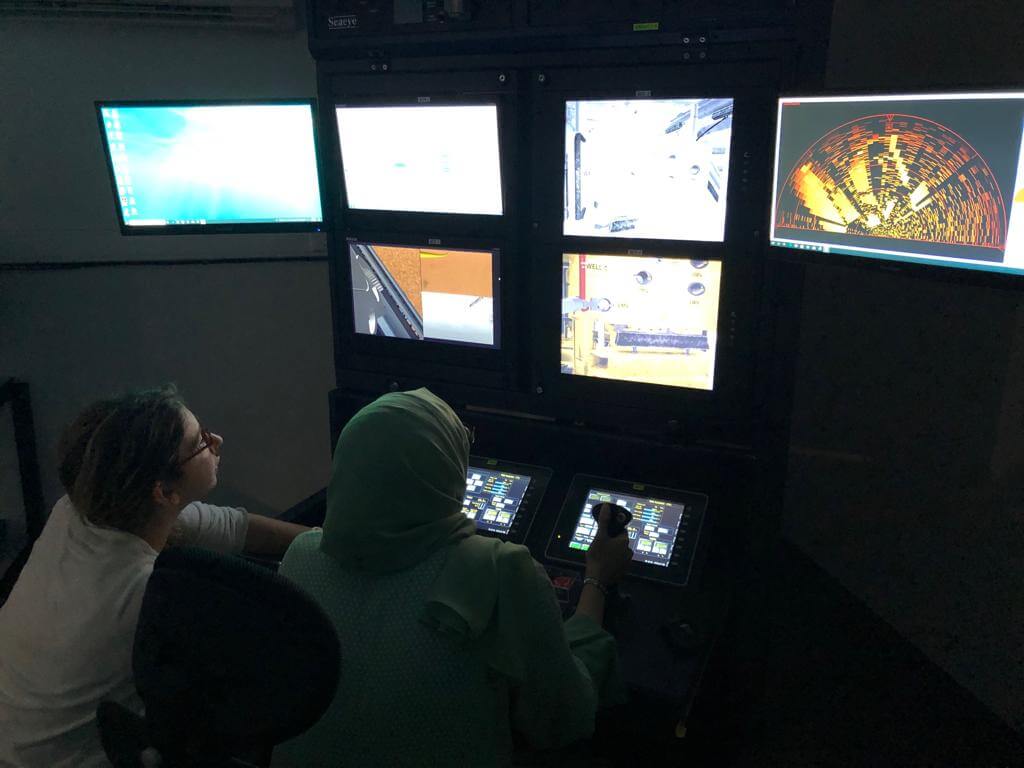
KAUST Ph.D. student Lina Eyouni (right) participates in Fugro remotely operated vehicle (ROV) training in the KAUST Coastal & Marine Resources Core Lab-Fugro ROV simulator room on campus. File photo.
"Marine science students are gaining industry training and experience usually reserved for oil and gas professionals, which allow them to not only conduct their research more efficiently but also give them a broader employability upon graduation," said Edward Lloyd Smith, director of CMR.
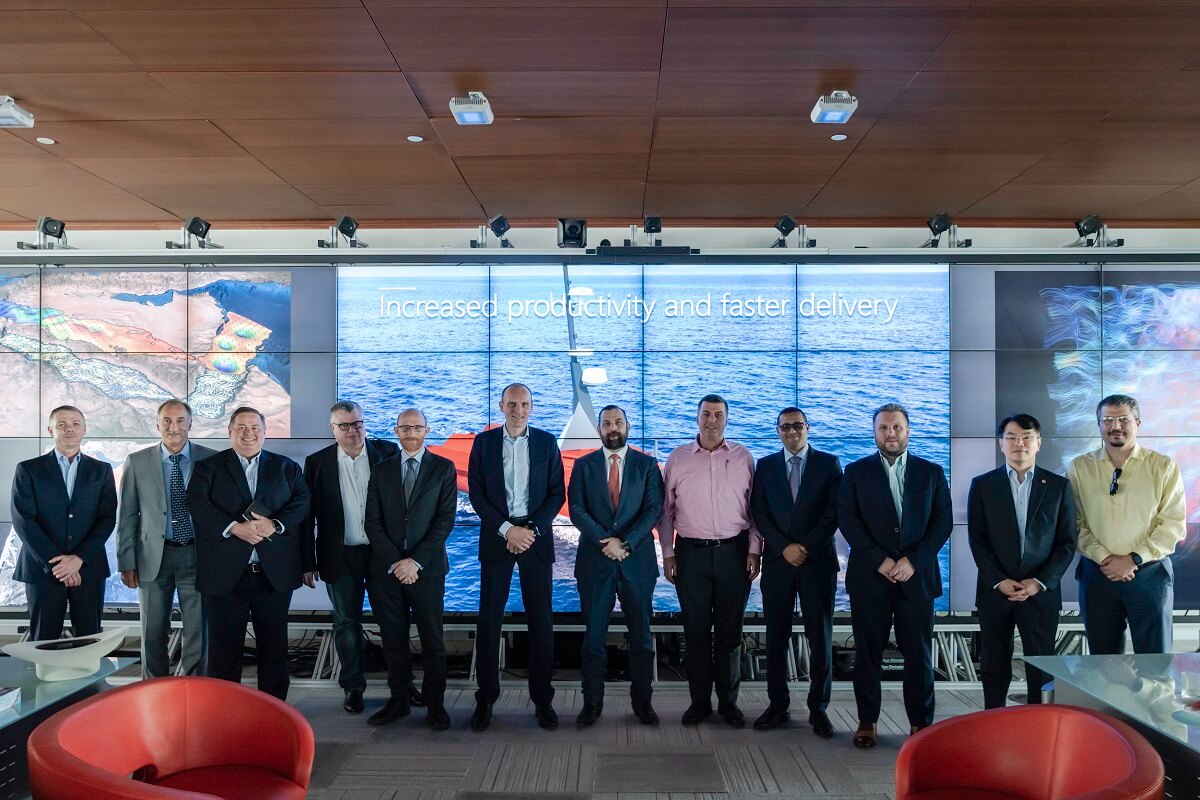
Senior management from the KAUST Core Labs are shown here with the KAUST Coastal & Marine Resources Core Lab team and Fugro executives on campus during a Fugro visit to KAUST in April 2019. File photo.
"For me, the goal is to put the Kingdom within the framework of the ambitious aspirations of Vision 2030. I see the use of these kinds of vehicles from a research perspective—to protect the environment. I look forward to working with all of the potential environmental applications," she noted.
Based on her new experiences, Eyouni added, "Marine sciences are now my total passion."
The next ROV Training Academy program on campus will take place in September 2019.

